Providing a place to play and cool down, a pool for kids is a popular product category, especially during summer. These temporary fixtures offer a fun, refreshing experience for children and a space for developing important life skills.
What are the types of pools for kids?
When pondering which swimming pool for kids to purchase, the distinct types available might influence the decision. An inflatable pool for kids provides convenience and portability. With its lightweight design, this pool is easily inflated by a pump and deflated for storage, making it suitable for temporary or recurring use. A typical inflatable pool is made of durable, puncture-resistant material, ensuring longevity and safety for children's fun-filled water adventures. An inflatable swimming pool for kids can accommodate one or multiple children, depending on size.
Frame pools are typically more durable and larger than inflatable pools. They are characterized by a metal frame and a lining that holds the water. These pools maintain their structure even when empty, allowing for more flexibility in the games and activities that can be played. Frame pools are suited for larger outdoor spaces and multiple users.
One of the most common types, a plastic swimming pool for kids, offers durability and stability. It remains rigid and firm, requiring no air or frame to support its structure. This robustness translates to a longer lifespan, ensuring children can enjoy countless seasons of swimming and playing. The firmness exhibited by a plastic pool for kids offers a stable platform for many water games and activities. Children can move, splash, and play without fear of the pool collapsing or losing its shape.
What are the good sizes of pools for kids?
The size of a pool for kids is another important factor to consider. Depending on the number of children using the pool and the available space, one can choose from small, medium, and large sizes. Small pools are ideal for toddlers or a couple of young children. They typically have a shallow depth, ensuring a safe environment for younger kids to get acquainted with water and learn basic swimming skills.
Medium-sized pools offer increased depth and space, suitable for slightly older children comfortable with swimming. They provide enough room for multiple children to play and interact, possibly accommodating some lightweight pool toys.
Large pools are scaled-down versions of adult pools and are most suited for bigger groups of children and swimming activities. They offer a more immersive swimming experience with enough space and depth for advanced water games and can even accommodate adults for family pool time.
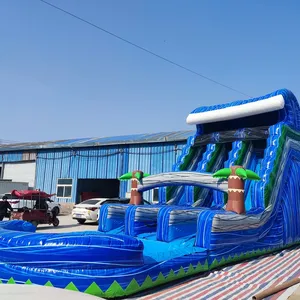

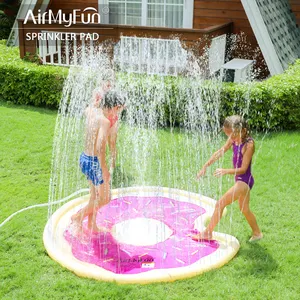

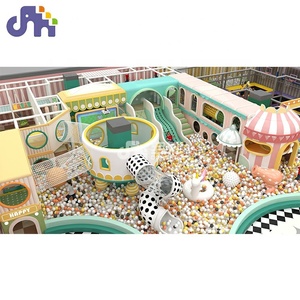

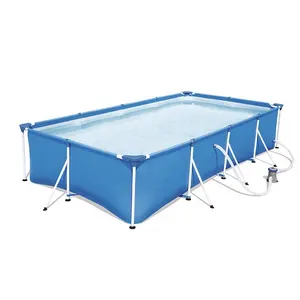

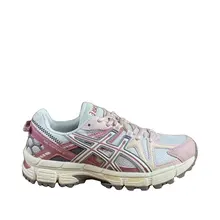
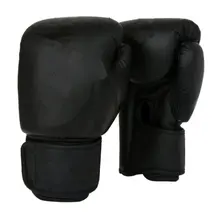









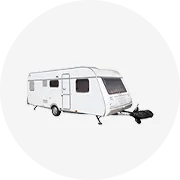


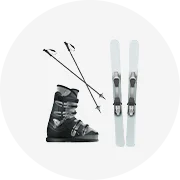



















 浙公网安备 33010002000092号
浙公网安备 33010002000092号 浙B2-20120091-4
浙B2-20120091-4